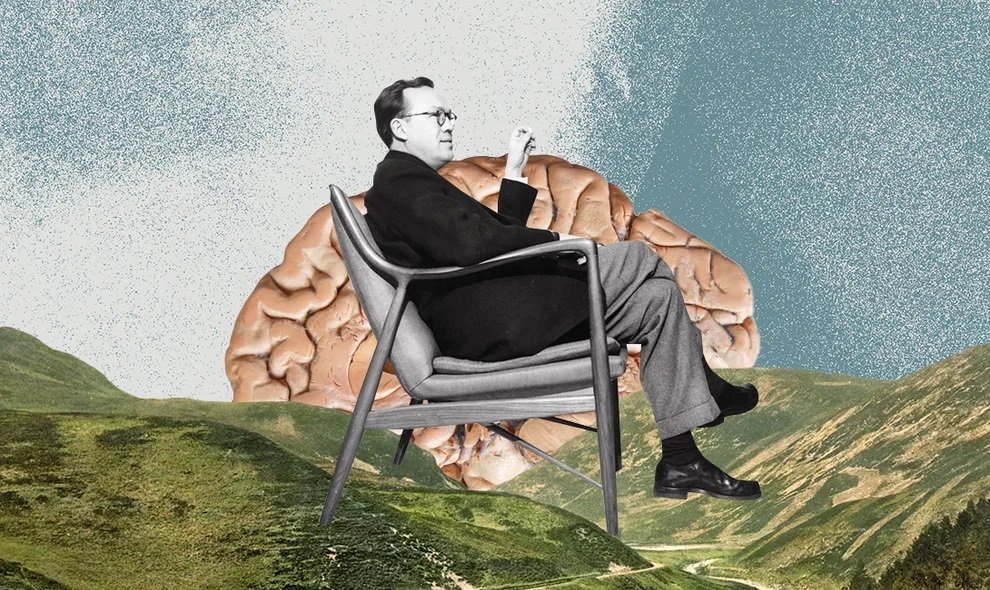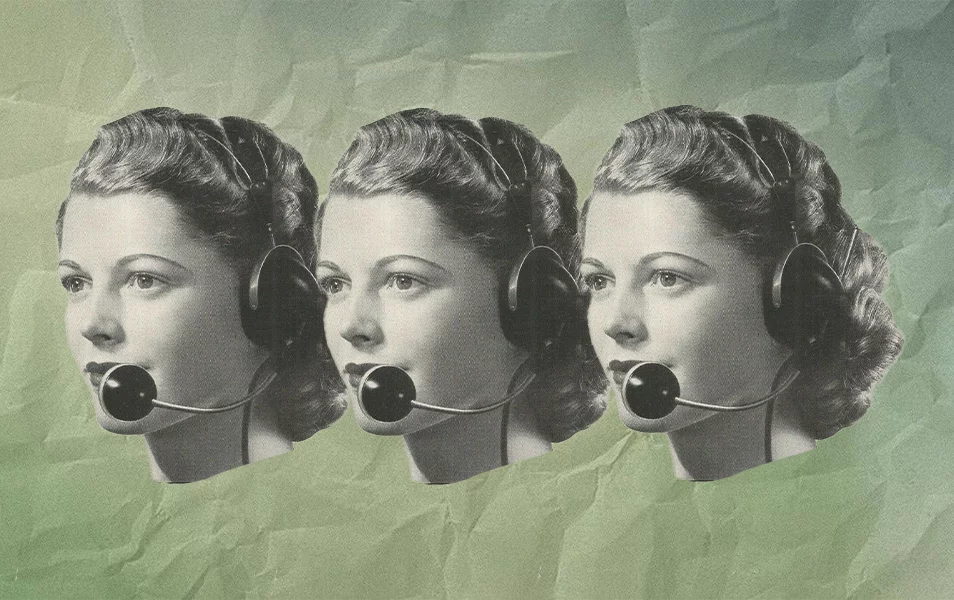While some people try something new, gain experience, and reach new heights, others decide that it’s already too late to change their lives.
A slight feeling of envy may seem motivating, but something stronger impedes any unconventional actions. We know people who are inclined to take risks and prefer existing stability. However, many representatives of the second group are completely unhappy and would like a change. Yet, the fear of making a mistake stops them from taking decisive steps forward. Abandoning outdated relationships, changing jobs, taking up new hobbies – all these are changes implying uncertainty, which is what scares them. It’s time to understand how to overcome the fear of failure and learn to take risks.
Development Mindset
Perfectionism hinders risk-taking and prohibits trying new things, because everything won’t turn out perfectly the first time. The stronger your perfectionism, the greater the disappointment from failures, even if they don’t mean anything. Therefore, you choose the most reliable way to avoid failure – not to engage in anything new. Fortunately, there is an alternative to this strategy, let’s call it a development mindset. Fixed thinking is oriented towards stability, and joyful or unpleasant situations are perceived as given. What has happened cannot be changed, so all that remains is to calculate the losses or gains. A development mindset assumes that every mistake improves your abilities and skills. The situation cannot be changed now, but next time you can move forward, right up to the next inevitable mistake. This way, we learn everything – from tying shoelaces to building business empires. A development mindset allows you to view mistakes as a natural part of the process, whether it’s advancing in your career or engaging in sports. Practice brings the desired result closer, and failures are a by-product of any endeavor. It wouldn’t hurt to read the biographies of famous people who didn’t become rich, famous, and popular overnight or by magic. They all made mistakes many times, sometimes didn’t understand what they were doing at all, but they didn’t give up. Thus, risk and uncertainty become less frightening things.
How to Overcome the Fear of Failure
When faced with fear or indecision, remember how you’ve overcome mistakes in the past. Most likely, many of them seemed serious at the time but didn’t ultimately have a significant impact on your life. That’s why they were forgotten. So what’s so bad, let alone terrifying, about making a mistake again? You’ll survive it one hundred percent. Besides, failure isn’t guaranteed, and its outcome can vary greatly: it didn’t work out at all, it worked out somehow, it worked out okay but not great. There are plenty of nuances here, and each subsequent attempt will become brighter. Of course, if you genuinely enjoy what you’ve chosen to do. After making a mistake, consider what valuable lessons you can learn from the situation. Gaining experience is often seen as something empty and overly banal. And that’s true if you consider this experience in a vacuum. Try to think about when and under what circumstances you can use it. Once you find the answer, you’ll immediately feel some relief. It turns out that it wasn’t all in vain, and you’ve managed to gain some benefit. Most importantly, remember that doing and making mistakes is much better than simply not doing anything, waiting for ideal conditions that will never come.
Uncertainty is a Part of Life
The uncertainty of how things will turn out triggers an unpleasant mental state. The brain tries to calculate everything but lacks sufficient information. It starts to panic, discouraging you from taking action. This mechanism has allowed humanity to survive for many tens of thousands of years. We want to know as much as possible about the future to better prepare ourselves. It’s essential to suppress our instincts a bit because, in the end, we’re unlikely to face risks associated with life-threatening situations. Tigers won’t suddenly jump out of the bushes, and a hunting miss won’t push the community to the brink of starvation. The stakes have clearly decreased, at least for most people.
Accept a simple truth: you can never be completely sure about anything. There’s always the possibility of unforeseen events and human error. No matter how good your plan is, it’s not immune to randomness and uncertainty. On the other hand, think about how much interesting, fun, and positive things happen suddenly, without any warning. This doesn’t mean you should recklessly embrace every risk, but fearing uncertainty for its own sake isn’t worth it either.
How to live with uncertainty
When you feel anxious about looming uncertainty, distract yourself. Engage your body in movement. Taking a walk, going to the gym, or heading to the local sports field will suffice. Choose what suits you best, the main thing is to drown out unpleasant thoughts for a while. Once you calm down, those thoughts won’t be as distressing, and you won’t make hasty decisions. Don’t hesitate to seek advice from acquaintances, especially if someone has an understanding of the situation. You don’t necessarily have to follow the advice you receive. You might even do the opposite, and it won’t offend anyone. During the conversation, you’ll gain at least a snippet of additional information, and perhaps even something that will change the overall picture.
Encounter safe uncertainty more often. Change your usual route from work to home. Buy alternative versions of familiar products. Switch your mobile or internet service provider if you’ve been considering it for a while. There are plenty of examples of uncertainty in everyday life that can help you develop a general tolerance for an uncertain future.


















